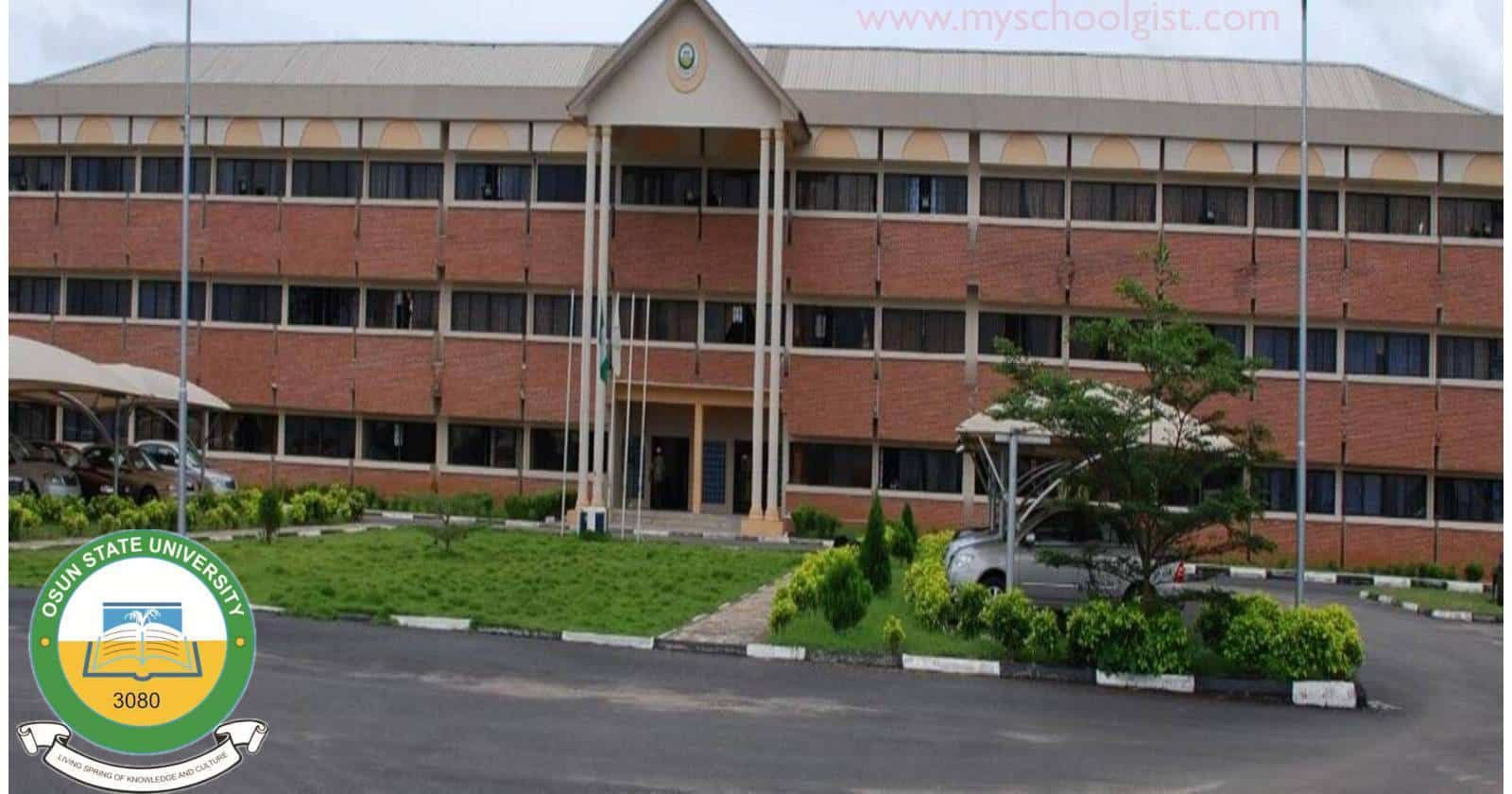UNIOSUN MBBS Admission Quota Increased to 200 by MDCN
In a landmark move, Osun State University's Bachelor of Medicine, Bachelor of Surgery (MBBS) programme now boasts an admission quota of 200, doubling from the previous 100. This significant increase, approved by the Medical and Dental Council of Nigeria (MDCN), marks a pivotal moment for aspiring medical students. But what drove this remarkable expansion, and how does it address the national concern over the dwindling number of medical doctors?

In a significant development for medical education in Nigeria, Osun State University’s Bachelor of Medicine, Bachelor of Surgery (MBBS) programme has been granted a remarkable increase in its admission quota. The Medical and Dental Council of Nigeria (MDCN) has approved the expansion of the quota from one hundred (100) to two hundred (200) students, a move aimed at addressing the critical shortage of medical doctors in the country.
📈 Quota Increase From 100 to 200
🏫 University Osun State University (UNIOSUN)
🗓️ Announcement Monday, 12th February, 2024
📜 Approval Medical and Dental Council of Nigeria (MDCN)
🎓 Program Bachelor of Medicine, Bachelor of Surgery (MBBS)
📚 Reason Address reduction in the number of Medical Doctors in Nigeria
🏥 Policy Presidential directive through the Minister of State for Health
📝 Accreditation Full accreditation granted, with previous quota increase from 50 to 100
Table of Contents[Show]
A Timely Boost for Medical Education
This announcement was made public by the University’s Public Relations Officer, Ademola Adesoji, on Monday, 12th February, 2024. The decision, conveyed through a letter from the Registrar of the Council, Dr. Tajudeen Sanusi, to the Secretary-General of the Committee of Vice-Chancellors of Nigerian Universities, reflects a broader strategy endorsed by the Presidency and the Minister of State for Health to double the admission capacity of Medical Schools in Nigeria.
Background of the Admission Quota Increase
The decision to increase the admission quota comes in the wake of concerns over the dwindling number of Medical Doctors in the country, prompting a Federal directive to bolster the workforce. This move follows a previous increment, which saw the programme’s quota rise from fifty (50) to one hundred (100) after the MBBS programme received full accreditation from the MDCN.
University’s Response to the Increment
The Vice-Chancellor of Osun State University, Professor ‘Ayo Clement Adebooye, welcomed the news, praising the MDCN for its thorough evaluation process and the Federal government for its strategic policy. This policy is seen as a critical step towards mitigating the doctor shortage in Nigeria and enhancing healthcare delivery across the nation.
Professor Adebooye also extended his gratitude to all stakeholders of the University for their role in achieving this milestone. He reiterated the institution’s dedication to delivering top-notch medical education and its commitment to contributing to the healthcare sector’s growth.
Implications of the Increased QuotaEnhanced Medical Education: The doubling of the admission quota signifies a major leap in the capacity of Osun State University to train future medical professionals.
Addressing Doctor Shortage: This initiative is part of a broader national effort to increase the number of qualified medical practitioners in Nigeria, thereby improving healthcare services.
Quality Healthcare Delivery: With more doctors in the pipeline, the quality and reach of healthcare services across the country are expected to improve significantly.
Conclusion
The increased admission quota for the MBBS programme at Osun State University marks a pivotal moment in the university’s history and a positive step forward for medical education in Nigeria. This development not only highlights the institution’s growing reputation in the medical field but also aligns with national priorities to bolster the healthcare sector. As the programme prepares to welcome more students, the future of medical education and healthcare services in Nigeria looks promising, thanks to concerted efforts by educational authorities and the Federal government.




![[Music] Bhig Thriz ft Benjboy Si & Mr Laazis - H2 (prod. Joe Waxy)](https://blogger.googleusercontent.com/img/b/R29vZ2xl/AVvXsEjQy87GKpRYlX-oiJ2B5DYQWgP2L-AwRPD5EVhTiwf9G4YmmG9z6PrOGYuwxI4zyB6bVSD_v7HaWEToLavO2qxs3c_gdK7SnaIix69C9jfLI-ElZbloaQIMC9q0UwOA0K0YvGGfT01gzaFU9J1sENw8vD_-iufHH-VCxQ72CeFJjG3e7qAQOhruLQ/w72-h72-p-k-no-nu/IMG-20241220-WA0274.jpg)
![[Music] Mac Sarzy - Peace of Mind (Prod. Skillbeat)](https://blogger.googleusercontent.com/img/b/R29vZ2xl/AVvXsEhRBxsbywN9tDqqJcq5VrAvQyugsWxieUpkpnBSOdEL3INDsub4M-iFF-gCxjshZRPzrmyoW3y58YVItqrdb8DQXdHjoCBHhgJIXkLtLRr1SYSEYvjzs3EYgs6aKPg7cXQMx6HgR37p-EULVoV9xd5chNjoe5WaHuMVYmaIHjZ-lNYuiNNXJ__g8A/w72-h72-p-k-no-nu/IMG-20241223-WA0028.jpg)


0 Comments